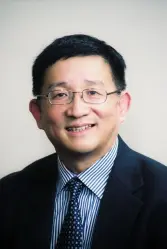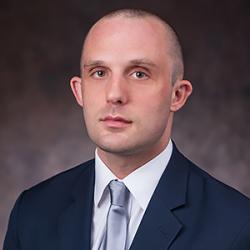

2:00 pm EST - 4:00 pm EST
Past Event
As the world looks ahead to China’s 20th Party Congress in late 2022, many questions remain about the future makeup of the top echelon of Chinese leadership. As Chinese leaders confront a year of unknowns ahead — from the deterioration of U.S.-China relations to economic structural changes — any move could affect the outcome of the leadership change. Having led the country for almost a decade, Xi has undertaken unprecedented campaigns to fight corruption, reform the military, and eliminate poverty. But what plans, priorities, and challenges lie ahead for his anticipated third term? Will this round of leadership change reveal the future process of political succession? How will factional politics and new elite groups play into the selection of the next generation of leaders?
On Thursday, January 20, the John L. Thornton China Center at Brookings hosted two panel discussions featuring top China scholars, who discussed the evolution of norms in Chinese elite politics, predictions of the outcomes of the 20th Party Congress, and what the future holds for Xi Jinping. Viewers submitted questions via email to [email protected] or on Twitter using #20thPartyCongress.
Discussant

Moderator

Discussant



Tanvi Madan
February 26, 2026

Bonny Lin, Thomas J. Christensen, John Culver, Jonathan A. Czin, M. Taylor Fravel, Allie Matthias, Joel Wuthnow, Brian Hart, Suyash Desai +4 more
February 24, 2026

Eiki Tagami, Mireya Solís
February 23, 2026